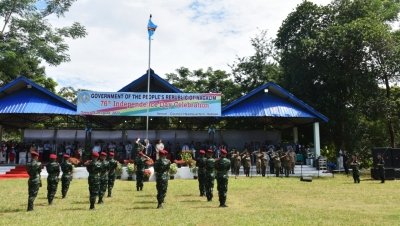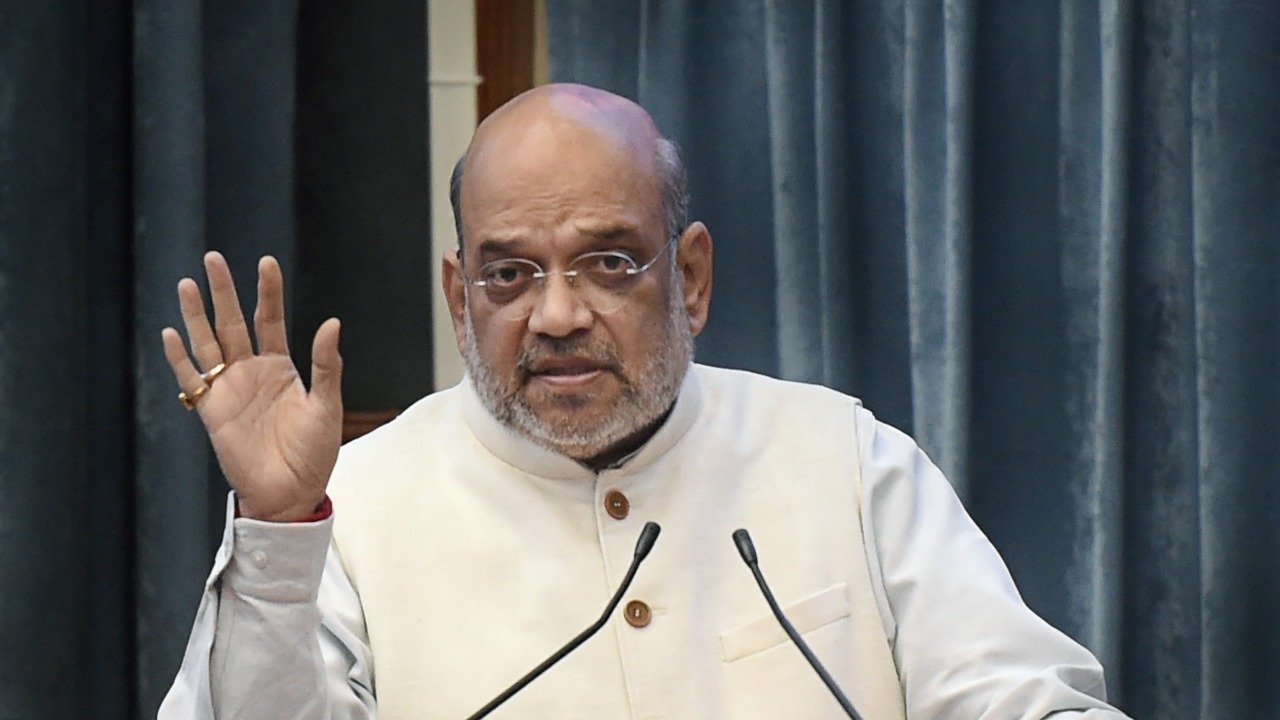HT DIGITAL
KOHIMA, JUNE 20: In the midst of an escalating national debate regarding the place of English in Indian society, the Nationalist Democratic Progressive Party (NDPP) reaffirmed its unflinching commitment to English as the officially stated language of Nagaland. Simultaneously, the party emphasized its consistent support for retaining and promoting the rich indigenous linguistic heritage of the state.
The party reacted in response to Union Home Minister Amit Shah’s recent comments that, while launching a book, an era would arrive when English-speaking people in India would be ashamed. He added that those who do not know Indian languages “cease to remain fully Indian” and India cannot be comprehensively understood through “foreign languages.
In a sharp rejection of this perspective, the NDPP emphasised that English had been part of the identity and institutional landscape of Nagaland for more than a century. It pointed to the language’s deep-rooted presence in administration, education, and religious life, terming it a “functional and inclusive medium” which had brought the state’s plural communities together.
While justifying the significance of English, the NDPP also recommitted to safeguarding the native languages of the state. Referring to them as essential expressions of tradition, identity, and culture, the party highlighted the imperative to conserve and transmit indigenous languages for posterity. “These languages have to be conserved and transferred to the next generations,” the statement said.
The NDPP emphasized English as a “vital bridge,” linking Nagaland not only to the rest of India but also with the world. The party believed that language shouldn’t be a point of contention but a means for the exchange of ideas, culture, and information. “Language is not just a communication tool; it is a vehicle for powerful knowledge, cultural, and idea exchange,” the statement emphasized, pointing out that multilingualism is a strategic asset rather than a weakness.
Referring to India’s federalism and democratic culture, the NDPP underscored the strength of diversity, inclusiveness, and tolerance. It appealed for plural identities to be respected along with the voice of minorities. “Inclusivity is a strength that brings greatness to our nation,” the party stated, reaffirming the preservation of regional linguistic autonomy in the wider national tapestry.
The party also appreciated the multilinguality of Nagaland youths, pointing out that being competent in English has helped them excel nationally and internationally. It attributed English for opening up opportunities in education, employment, and international relations, as well as giving confidence to the younger generation.












